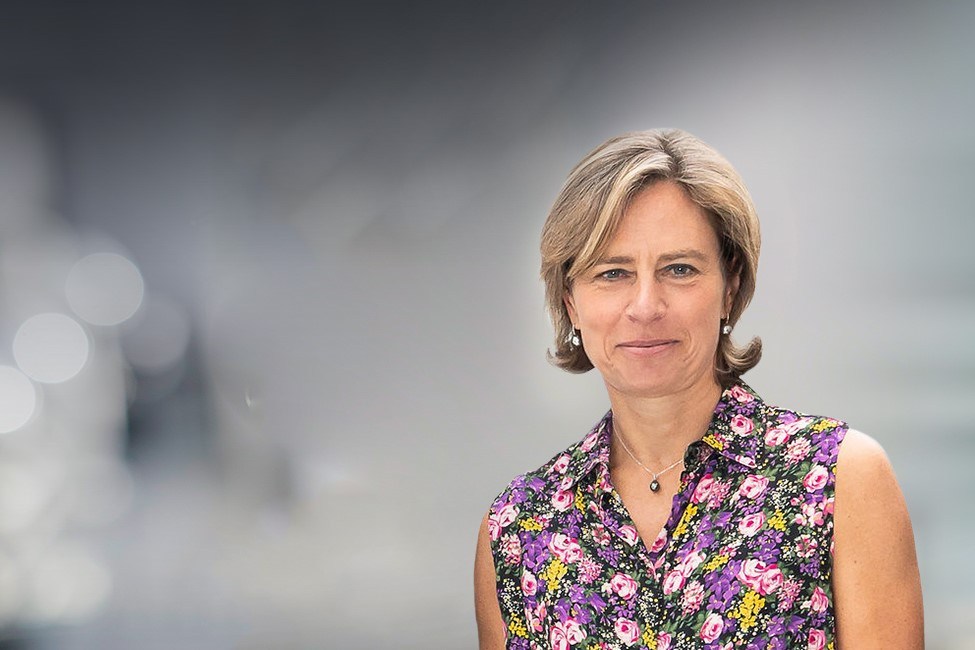Dominique Leroy, CEO of telecommunications company Proximus, will step down from her post at the beginning of December to move to the Netherlands to become CEO of KPN.
She takes over there from Maximo Ibarra, and will be welcomed by chairman of the KPN board Duco Sickinghe, one-time CEO of Proximus’ major competitor in Belgium, Telenet.
Leroy produced a video message for Proximus staff, which was obtained by the VRT. “This was a difficult decision, but I knew that international experience was always going to cross my path,” she said in the message.
According to the company, the Proximus board was unanimous in its agreement to extend her mandate. “But I decided not to do that,” she said. Now that her children are grown, the time is ripe to take advantage of the opportunity.
The time is less than particularly ripe for Proximus, since she now leaves the company – formerly known as Belgacom and still partly state-owned – at a time of difficult negotiations on the company’s restructuring.
“She’s surprised us. How do we go on from here?” asked unions representing Proximus staff. Restructuring plans announced back in January involve the loss of 1,900 existing jobs and the creation of 1,250 new ones, and savings of 240 million euros, and have led to protests.
“We remain concerned about our future,” said Bart Neyens of ACOD. “She has laid a plan on the table, but now she herself is gone.”
“We are left with more questions than answers,” said Ben Coremans of ACV. “Is this the right moment for such a decision? She launched the plan, which she described as oriented to the future, and now she’s leaving. We think that’s strange.”
Proximus chairman Stefaan De Clerck tried to allay fears. “She’s still here until 1 December,” he said. “I have asked her to close off those dossiers as far as possible. That can still happen.”
Coremans remains unconvinced: “She’s not going to be able to give her all to the negotiations. She’s already announced her departure, and at that point your mind is busy with other things.”
Leroy, now 54, came to what was still Belgacom in 2011, and later succeeded Didier Bellens, who left under a cloud. In office since 2014, she was elected manager of the year by a French-speaking magazine in 2016 for the way she had turned around the newly-named Proximus in a market becoming ever more competitive. She will leave Proximus in December without a severance package, but her new salary with KPN is at 935,000 euros annually plus bonuses substantially higher than the basic salary of 523,000 euros with Proximus.
Alan Hope
The Brussels Times

